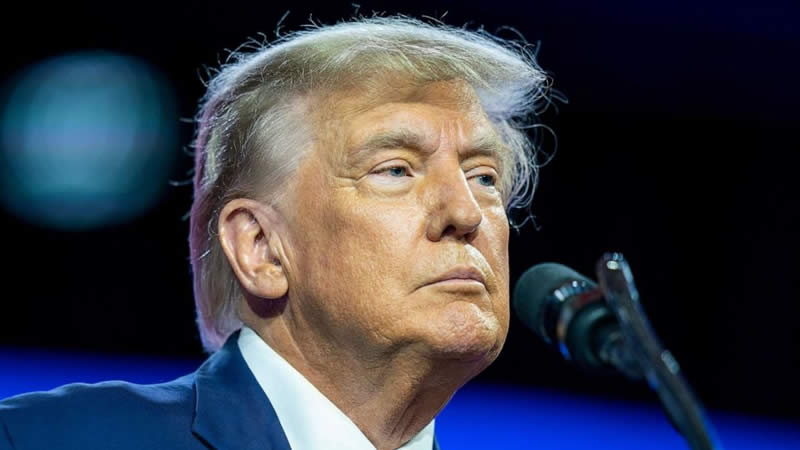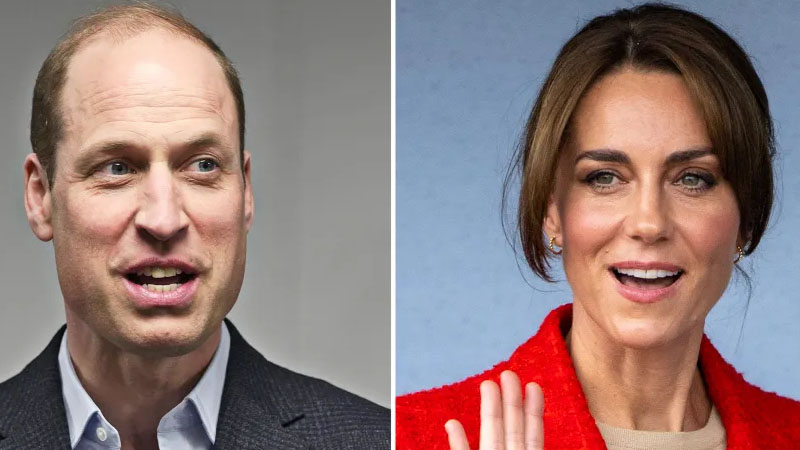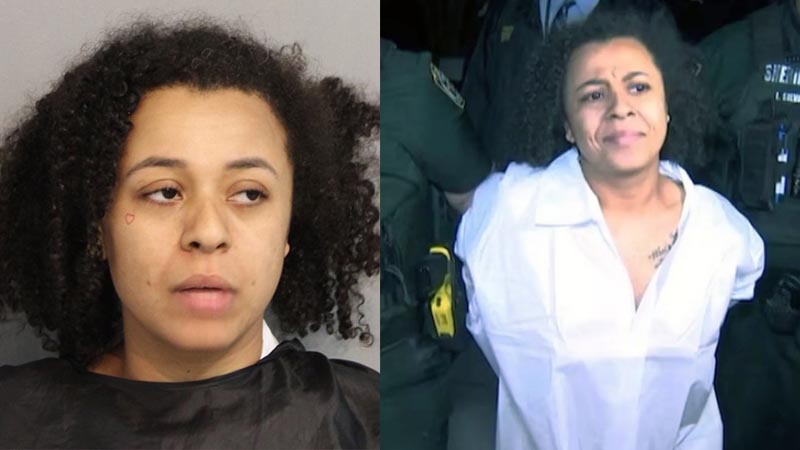‘I know your pain, I know you’re hurt. We had an election that was stolen from us’ Legal Experts Challenge Trump’s Defense Over January 6 Role with Detailed Analysis

Credit: Alex Brandon/AP, FILE
In an extensive defense concerning Donald Trump’s involvement in the January 6 insurrection, his legal team has leaned heavily on a particular phrase he uttered during the “Stop the Steal” rally at the Ellipse. This line, where Trump purportedly called for his followers to act “peacefully and patriotically,” has been spotlighted by his attorneys as a fundamental element of his defense strategy, particularly following his impeachment proceedings post-January 6.
However, a comprehensive analysis by legal experts Tom Joscelyn, Norman L. Eisen, and Fred Wertheimer, published on Just Security, challenges this narrative, suggesting that a closer examination of Trump’s broader repertoire of statements and actions reveals a contradictory stance.
The experts argue that, contrary to the peaceful image painted by his defense, the full spectrum of Trump’s communications paints a picture of incitement rather than pacification. They anticipate that prosecutors will delve into the context surrounding the cited sentence from the Ellipse speech to demonstrate its potentially incriminating nature.
The January 6th Select Committee’s findings are particularly telling, illustrating Trump’s persistent calls to his supporters to “fight,” a term he seemingly preferred over “peaceful.” These findings are supplemented by recent evidence gathered by Special Counsel Jack Smith, which is expected to further substantiate the case against Trump.
A critical examination of Trump’s conduct on the day of the insurrection reveals a reluctance to de-escalate the situation. Despite pleas from White House officials, close allies, and family members to intervene and halt the unfolding violence, Trump remained unresponsive for a significant duration.
“It was not until 4:17 p.m. that Trump released a video telling his supporters they needed to go home and ‘[w]e have to have peace’ – a command that many rioters quickly obeyed,” the authors wrote. “In that video, however, Trump openly sympathized with the rioters’ cause, telling them: ‘I know your pain, I know you’re hurt. We had an election that was stolen from us.'”
Further complicating Trump’s position is a tweet he posted later that day at 6:01 p.m., which seemed to rationalize the rioters’ actions by linking them to the alleged theft of a “sacred landslide election victory.” This tweet, according to the legal experts, not only exacerbates Trump’s legal challenges but also potentially jeopardizes his appeal to the U.S. Supreme Court concerning a Colorado ruling that sought to disqualify him under the Constitution’s insurrection clause.
Special Counsel Jack Smith might leverage this tweet as an implicit acknowledgment by Trump that the assault on the Capitol was a direct outcome of his claims about a stolen election victory, further cementing the case against him. The experts conclude by highlighting Trump’s parting message to his followers to “Remember this day forever!”, underscoring the lasting impact of the day’s events and Trump’s role in them.


